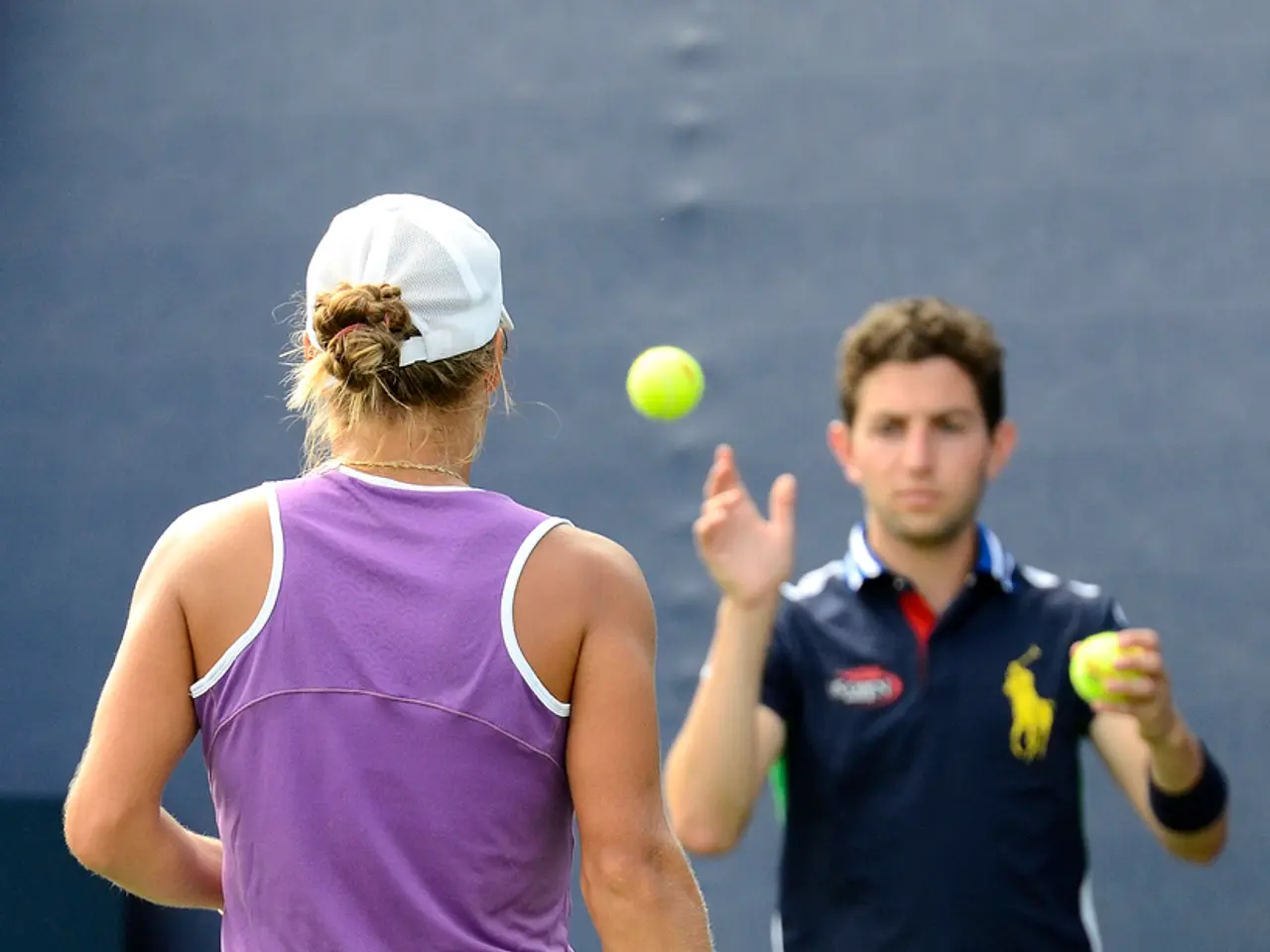IPL Player Transfers in 2026: Understanding the Regulations for Team Changes
The Indian Premier League (IPL) trade process offers a strategic avenue for franchises to reshape their squads between seasons. This system, which operates during designated trade windows, supplements the auction mechanism by enabling direct player movement with negotiated fees or swaps.
Trade Windows
The trade window opens approximately one month after the IPL season ends, around early July, and remains active until about a week before the player auction. It reopens again about a month before the next IPL season begins.
Types of Trades
Trades in the IPL can take two forms: all-cash deals and player swaps. In all-cash deals, one franchise pays a transfer fee to acquire a player from another team, taking on the player's existing contract terms without change. Player swaps involve exchanging two or more players, sometimes including an additional cash payment to balance differing player values.
Contract Terms and Player Role
Players move with their existing contract terms intact, including salary and duration. Player preferences increasingly influence trade decisions, meaning player consent is often part of the process.
Transfer Fees and Salaries
There is no official cap on transfer fees, unlike the auction purse limits. Transfer fees can be substantial, particularly when wealthier teams pursue star players. Part of the transfer fee—sometimes up to 50%—can go directly to the player, making trades a potentially lucrative option.
Examples
Hardik Pandya's high-profile return from Gujarat Titans to Mumbai Indians involved a large transfer fee, reportedly one of the most expensive in IPL history. Early IPL trades include swaps like Robin Uthappa for Zaheer Khan in 2009, demonstrating that both cash deals and player swaps have longstanding histories in the IPL.
Current Trades
Recent examples of trades include Lucknow Super Giants acquiring Rajasthan Royals' Avesh Khan in exchange for Devdutt Padikkal, along with an INR 2.25 crore differential fee.
Player Consent and Franchise Control
Player consent is crucial in IPL trades, but franchises hold the final say on releases.
IPL Governing Council
The IPL governing council rules breaches of player trading rules.
Trade Impact and Future Implications
This system could potentially give teams with wealthier owners an undue advantage in securing players before the season begins. In 2010, Ravindra Jadeja faced a one-year ban for attempting to sign with Mumbai Indians without renewing his contract with Rajasthan Royals.
Upcoming Trades
Rajasthan Royals captain Sanju Samson and Chennai Super Kings' R Ashwin are considering moving away from their respective franchises. The IPL 2026 trading window is currently open.
During this trading window, teams can reshuffle their squads, as the IPL has witnessed significant player transfers in its history, such as Hardik Pandya's return to Mumbai Indians from Gujarat Titans in 2024.
- The IPL trade process, which includes direct player movement through trades and swaps, significantly influences cricket news during the sports season, as teams reshape their squads through strategic avenues, often involving substantial transfer fees and player swaps.
- In addition to the auction mechanism, the IPL trade system offers an opportunity for sports enthusiasts to follow cricket news about player contracts and team rosters, as trades can take various forms such as all-cash deals and player swaps, making the football off-season just as exciting as the actual matches.






